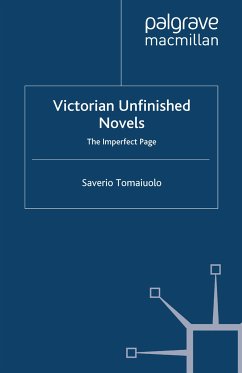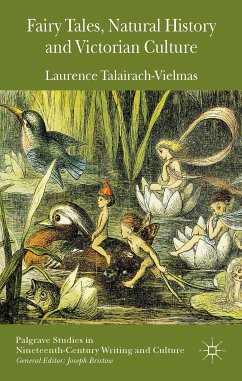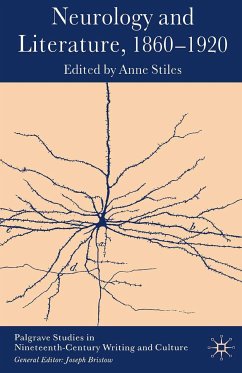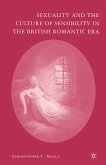The first detailed study on the subject of Victorian unfinished novels, this book sheds further light on novels by major authors that have been neglected by critical studies and focuses in a new way on critically acclaimed masterpieces, offering a counter-reading of the nineteenth-century literary canon.
Dieser Download kann aus rechtlichen Gründen nur mit Rechnungsadresse in A, B, BG, CY, CZ, D, DK, EW, E, FIN, F, GR, HR, H, IRL, I, LT, L, LR, M, NL, PL, P, R, S, SLO, SK ausgeliefert werden.
'Victorian Unfinished Novels is an important project so much so one wonders why nobody has written a book like this before. Tomaiuolo reveals how unresolved patterns and tensions in the unfinished novel offer a powerful source of analysis in literary criticism. An author's logistical inability to tidy away his or her work materials results in a complex exposition of the ways in which context, production and ideology shape the literary.' - Andrew Mangham, Lecturer in English, University of Reading, UK









